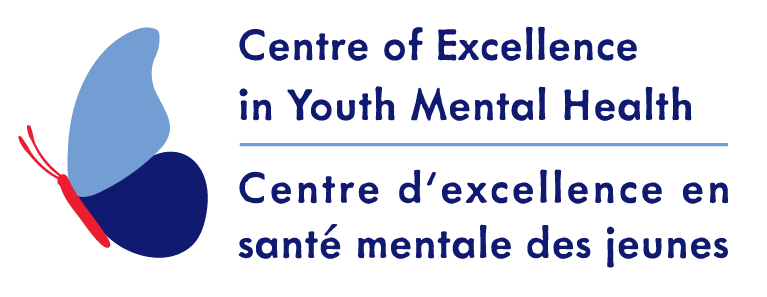
These remarks were given by Dr. Palaniyappan when introducing the CEYMH at the Douglas Research Center to the audience at its inaugural seminar series on 20th April 2023
Good morning everyone.
It is a pleasure to welcome you all and introduce the Centre of Excellence in Youth Mental Health.
We are facing an unprecedented burden of mental health challenges among our youth. Our mental health system is not built for this challenge. It is already pushing our system of care to the brink of its ability. It is not an exaggeration to say – the scale of the Mental Health challenge we face as a society is as daunting as the issue of Climate Change.
The purpose of the Centre of Excellence is to secure the collective mental health of our future by making the lives of today’s youngsters better.
The CEYMH stands on the shoulders of giants. It is the brainchild of Ashok Malla, and you will hear more about Ashok’s achievements very soon. The centre has come to life with the unwavering support and commitment from the Graham Boeckh Foundation, whose championing of the cause of Youth Mental Health has no parallels across the world. The Center finds its natural home at the Douglas, a place where years of rigorous clinical research have led to the development of treatments that were previously considered impossible but are now commonly used in the clinic.
My own journey into youth mental health started as a medical student. 23 years ago I volunteered to take antipsychotic medication for 3 days. This adventure, and the resulting intense experience, convinced me to take up psychiatric research in the search for better treatments.
Later, practising as a psychiatrist in an early intervention clinic in Nottingham, England, I met a young man – let us call him Morgan. He had a serious episode of depression and was referred to our clinic after a month of hospital admission. Morgan taught me a valuable lesson that continues to influence me to this day.
At first, Morgan was absolutely against seeing me, partly because he could never accept that a man could go by the name ‘Lena’! In reality, most of his reluctance was because he did not want to be seen coming to a mental health clinic.
Over time, thanks to Gary, an excellent nursing colleague, we warmed up to each other. Gary and I agreed to meet Morgan monthly at a Starbucks; it worked well for me, given my addiction to caffeine!
One day Morgan said to Gary and me, “Folks I like seeing you, but you really need to start treating people that you cannot see”. Puzzled by this expression, I asked him what he meant by this.
He said, “You both work in an early intervention team, but by the time you started seeing me it was too late for me. It is early for you, but too late for me. It is early only if the intervention comes before the suffering“.
For Morgan, early intervention should begin before symptoms begin.
I still remember Gary and I driving back from the Starbucks that day, in silence, reflecting on the profound statement Morgan made. As clinicians, Gary and I were thinking only about Morgan; but Morgan was thinking of helping our children and in fact your children too.
What Morgan beautifully articulated that day, is what the Centre of Excellence for Youth Mental Health is focussing on today.
The availability of a service does not equate to accessibility.
Accessibility does not equate to acceptability.
Our youth need support early enough, given for long enough. We need to discover, develop and implement the best ways of achieving this. The intent of our Center is to reach the young people who we do not see, in order to make better the lives of those who we will eventually see.
Is this even possible?
Personally, I take inspiration from a 6-year-old child, whose story you might have heard*.
One day she was trying to draw something with a lot of attention, ignoring what was going on Netflix.
Her dad peeps in, to see what she was drawing, but he couldn’t make out.
He asks her what is it that she was drawing. She says she was drawing the picture of ‘God’.
With some surprise, the dad says, “but no one knows how God looks like”.
She replies, “They will, in a minute, wait till I finish this”.
My special thanks to Ms, Najia Hachimi-Idrissi, Deputy CEO, CIUSSS-ODIM for representing the CEO’s office today and Gustavo Turecki, our departmental Chair, for felicitating Ashok, and Rudolf Uher, a long time friend of our group, for inaugurating this seminar series.
*Credits to Ken Robinson
